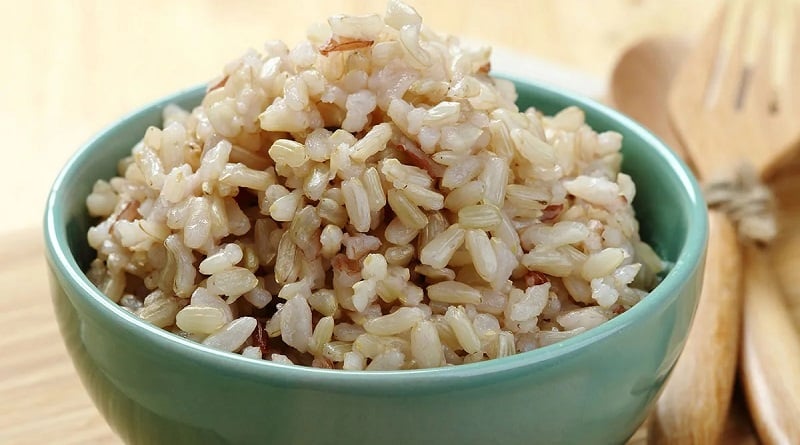One of the many foods that contain a rich amount of carbohydrates is rice. White rice, for example, has a high glycemic index. Note that any type of edibles that have high GI can put you at risk of having varying blood sugar levels. So, how about brown rice? Does it also cause diabetes?
Like other types of rice, brown rice is also a whole grain that contains a lot of nutrients. Brown rice is filled with bran, nutritious germ, and endosperm. Although brown rice possesses these nutritional advantages, they still have carbohydrates. Read on and learn more if brown rice is safe if you have diabetes.
Brown rice and diabetes
Despite the presence of carbohydrates in brown rice, it is still one of the most recommended foods to add to your diet. However, you need to only consume a small amount of it. Keeping an eye on the amount of brown rice you ingest per day is essential.
How is brown rice safe? Compared to white rice, brown rice is a rich source of fiber. When fiber is present in any food, it delays the digestion process. It prevents the onset of obesity, which can be the leading cause of type 2 diabetes.
Different health benefits of consuming brown rice
The following are the nutrients you get if you add brown rice to your daily meal plan:
- Fiber
- Calories
- Protein
- Manganese
- Thiamine
- Niacin
- Fat
- Copper
- Selenium
- Carbs
- Magnesium
- Zinc
- Phosphorus
- Vitamin B1
- Vitamin B3
- Vitamin E
- Vitamin K
- Iron
Flavonoids are also present in brown rice. These are plant compounds that prevent the development of chronic disease, and diabetes is one of them.
Furthermore, the composition of fiber in the said food is highly essential for controlling blood glucose. Besides improving your digestive health, it also reduces a person’s chances of having diabetes. It also assists in losing body mass or weight.
Takeaway
Before adding anything to your meal plan, it is necessary to ask your doctor first. Several underlying health factors affect your blood sugar. If you are approved to eat brown rice, only eat moderately and observe a balanced diet.
Doctor’s Recommendation
Eliminating carbohydrates entirely can be beneficial because it simplifies pharmacological intervention by reducing the variable of excessive gluconeogenesis. For individuals with type 2 diabetes, medications like Ozempic and metformin are often recommended, while those with type 1 diabetes typically require a combination of insulin types such as Novolog, Humalog, NPH insulin, and insulin glargine.
It’s important to note that type 1 diabetics must always have access to insulin; the goal is to manage insulin use more effectively and consistently rather than eliminating it altogether. Although healthy nutritional ketosis offers numerous benefits, introducing carbohydrates into the diet necessitates complex adjustments to insulin dosages to maintain optimal glycemic control.
Given the common enjoyment of carbohydrates, brown rice is a preferable option over white rice due to its higher content of B vitamins, which are often stripped away during the polishing process of white rice. Additionally, low glycemic index and glycemic load foods are significantly better choices than consuming fruit juices and nectars.
Diabetics should also be cautious about certain food preparations. For instance, boiling carrots significantly increases their glycemic index due to structural changes, turning them into a source of simple sugars. Similarly, using enzymes to digest beans more efficiently can increase their glycemic index and glycemic load, as it enhances carbohydrate absorption in the small intestine.
The dietary challenges for diabetics are extensive, and interdisciplinary management is crucial. Patients should collaborate with a licensed medical dietician who can provide comprehensive counseling and realistic strategies to minimize comfort food cravings, especially on special occasions like birthdays. Effective diabetes management involves a balanced approach that considers patient commitment, budget, and the best possible outcomes with minimal risk.
Proper medical care is not about adhering to unattainable ideals but about making practical, informed choices that improve health and well-being.



